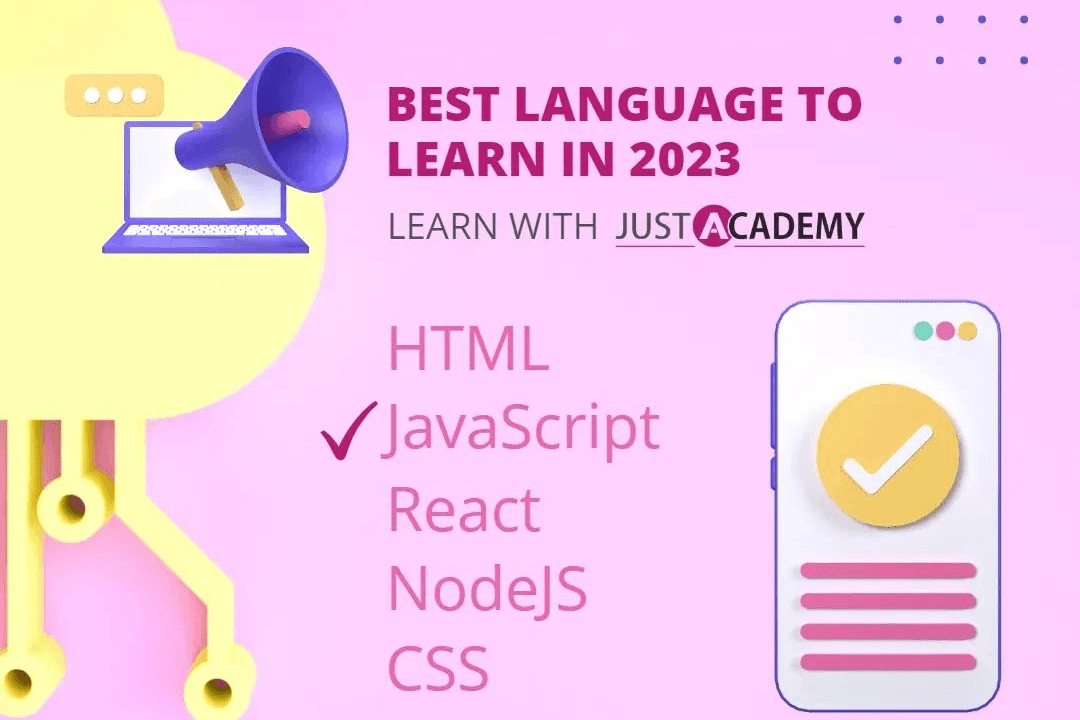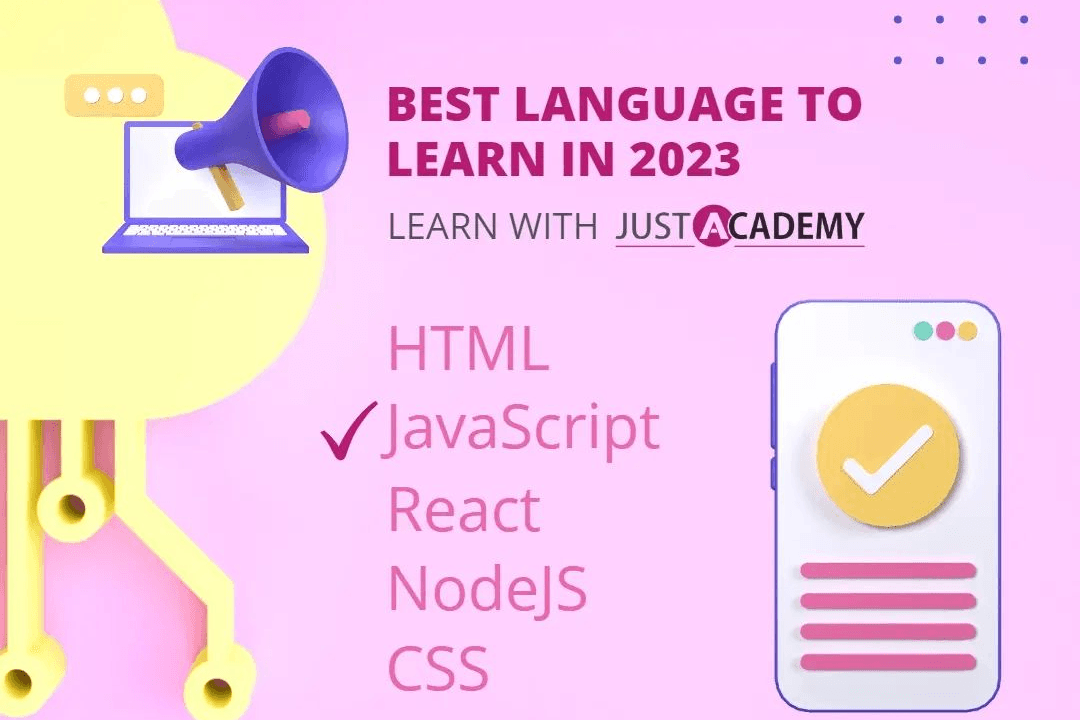Java Fork/Join framework
Enhancing Concurrency with the Java Fork/Join Framework
Java Fork/Join framework
The Java Fork/Join Framework, introduced in Java 7 as part of the java.util.concurrent package, is designed to facilitate parallel processing of tasks using a divide-and-conquer approach. It allows developers to efficiently manage the execution of large computational tasks by splitting them into smaller subtasks, which can be processed concurrently across multiple threads. The framework includes two main components: the `ForkJoinPool`, which manages a pool of worker threads, and the `RecursiveTask` or `RecursiveAction` classes, which represent tasks that can be recursively divided until they become manageable. This framework leverages work-stealing, enabling idle threads to “steal” tasks from busy threads, thus optimizing resource utilization and improving performance in multi-core environments. By abstracting complex parallelism, it enables easier development of scalable applications where tasks can be executed concurrently.
To Download Our Brochure: https://www.justacademy.co/download-brochure-for-free
Message us for more information: +91 9987184296
1 - Introduction to Fork/Join Framework: A parallel programming framework introduced in Java 7 that helps to efficiently perform tasks that can be broken down into smaller subtasks.
2) Purpose: Designed to take advantage of multi core processors, allowing for the concurrent execution of tasks to improve performance.
3) Work Stealing Algorithm: This framework uses a work stealing algorithm, where idle threads can ‘steal’ tasks from other busy threads, balancing the workload across the CPU.
4) ForkJoinPool: Central to the framework is the `ForkJoinPool`, which is a specialized thread pool that manages the execution of Fork/Join tasks.
5) RecursiveTask & RecursiveAction: The framework provides two key classes: `RecursiveTask`, which returns a result, and `RecursiveAction`, which does not return a result, allowing flexibility based on whether you need output or not.
6) Breaking Tasks: A primary feature is the ability for tasks to recursively split themselves into smaller tasks, making it ideal for divide and conquer algorithms, like mergesort.
7) Join Method: Each task can call the `join()` method on its subtasks to aggregate results once they have been completed. This allows for the combining of outcomes.
8) Fork Method: The `fork()` method is used to start the execution of a subtasks asynchronously, allowing the parent task to continue execution while waiting for completion.
9) Input and Output: Works efficiently with large datasets, enabling tasks to process data concurrently, enhancing performance over traditional single threaded approaches.
10) CompletableFuture: The Fork/Join Framework complements the `CompletableFuture` class, providing additional capabilities for asynchronous programming in Java.
11) Performance: It is designed to minimize task management overhead, thereby maximizing performance gains when executing parallel tasks.
12) Thread Management: Optimizes the use of available threads and manages them automatically without requiring manual thread management by the programmer.
13) Use Cases: Ideal for processing large collections, image processing, and recursive algorithms like dynamic programming problems, where tasks can be executed independently.
14) Error Handling: It allows for error handling, providing mechanisms to deal with exceptions that may arise from executing parallel tasks.
15) Best Practices: Encourages best practices such as keeping tasks granular, avoiding excessive task splitting, and managing dependencies between tasks effectively.
16) Example Applications: Commonly used in applications involving big data processing, real time analytics, and machine learning where performance is critical.
This structured overview can help in framing a training program focused on leveraging the Java Fork/Join Framework for parallel programming.
Browse our course links : https://www.justacademy.co/all-courses
To Join our FREE DEMO Session: Click Here
Contact Us for more info:
- Message us on Whatsapp: +91 9987184296
- Email id: info@justacademy.co
Android Training For Beginners












